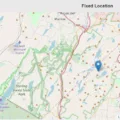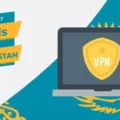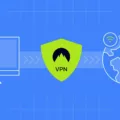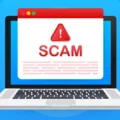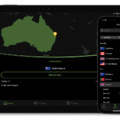Do you know what an IP leak is and how it could affect your online security? IP leaks occur when a user’s real IP address is exposed while they are connected to a VPN service. This can happen due to misconfiguration of the VPN or due to malicious user activity, such as using an unsecured Wi-Fi connection.
IP leakage can be extremely dangerous as it allows hackers and other malicious actors to gain access to your personal information, including location and online identity. They could then use this data to target you with malware, spy on your activities, or even steal your identity. It’s also possible that your IP address can be revealed through some online games, particularly when using voice chat.
Fortunately, there are steps you can take to protect yourself from IP leaks. The most important action is to only use trusted and reliable VPN providers who have security protocols in place to protect against IP leakage. You should also double-check that all the settings on your VPN are correctly configured before connecting and make sure that no other applications or networks are accessing the internet at the same time as the VPN. Additionally, try not to rely on public Wi-Fi networks for internet access as these can be particularly vulnerable to attack by malicious actors looking for unencrypted data transmissions.
It’s also advisable that you keep abreast of current cyber security threats so that you have an understanding of the risks involved in using public networks, including IP leakage. Knowing what steps to take if you do encounter a leak can help minimize any potential damage caused by hackers or other malicious actors trying to target you.
By following these steps and taking precautions when connecting via public networks, you can help ensure that your private data remains secure and prevent any potential problems caused by IP leaks.
Understanding IP Leaks
An IP leak is a security vulnerability that occurs when a user’s real IP address is exposed while connected to a VPN service. It happens when the user’s computer unknowingly accesses default servers, instead of the anonymous VPN servers assigned by the network. This can happen because of various factors such as misconfigured network settings, outdated VPN protocols, or faulty hardware. The result of an IP leak is that the user’s true identity and location can be tracked by outside parties, compromising their anonymity and privacy online. To prevent IP leaks, it is important to ensure that your VPN connection is secure and up-to-date.
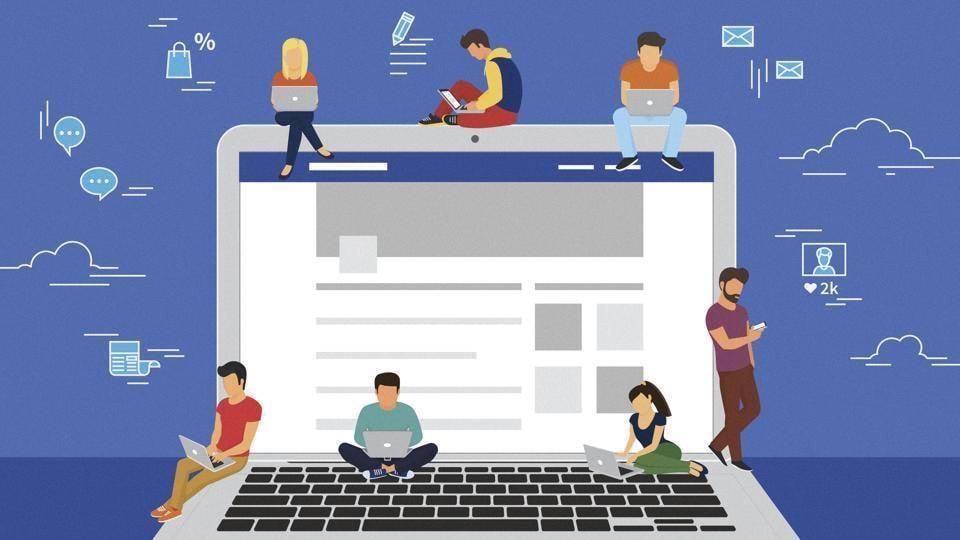
Source: tech.hindustantimes.com
Consequences of an IP Address Leak
If your IP address gets leaked, it could have serious consequences. Anybody who has access to your IP address can potentially track your online activities, figure out your location, and gain access to any unsecured networks connected to your device. Additionally, they can use the information to launch malicious cyber-attacks such as phishing or malware, which could result in financial losses or stolen data. To protect yourself from these risks, you should use a virtual private network (VPN) to mask your IP address and encrypt all of your online communication. Additionally, you should be sure to keep your software and operating system up-to-date with the latest security patches and update any administrative passwords regularly.
Leaking of IP Addresses
People can leak your IP address in a variety of ways, such as by you visiting malicious websites, downloading files from untrustworthy sources, and chatting online. Malicious websites often contain scripts that can detect and expose your IP address to the website’s owner. Downloading files from untrustworthy sources can also result in your IP address being exposed to the file’s uploader or other people who may have access to the file server. Finally, when chatting online, especially through voice chat, it is possible for the other people in the chat to obtain your IP address.
Checking If Your IP Address Has Been Leaked
If your IP address has been leaked, it means that your data is being transmitted to or from a remote server without being protected by your VPN. To check for an IP leak, you need to compare the IP address displayed on WhatIsMyIPAddress.com before and after connecting to the VPN. If the two IP addresses are different, then your data is protected and no leak has occurred. However, if they are the same, then your IP address has been leaked and you need to take action to protect your data. There are several websites that offer free IP leak tests – simply enter the URL of one of these sites in your browser and follow the instructions provided.
Can Hackers Access a Person’s IP Address?
Yes, a hacker can get your IP address. Your IP address is like your computer’s street address, and it can be used to track your online activity and identity. Hackers can use it to find out where you are in the world, what websites and apps you use, and even what kind of device you’re using. They can also use it to launch malicious attacks on your device or even hijack your Wi-Fi network for their own purposes. It’s important to protect yourself by using a secure VPN service that encrypts your traffic and helps hide your IP address from malicious hackers.
Preventing IP Leaks
The best way to stop your IP from leaking is to use a virtual private network (VPN). A VPN will encrypt your internet traffic and route it through an intermediary server located in another location. This will hide your true IP address and help protect your online privacy. Additionally, you can use an ad blocker, which will block all advertisements from websites, preventing advertising networks from tracking your activity on the web. Finally, you should make sure that any applications you are using are up-to-date and don’t contain any known vulnerabilities that could leak your IP address.
Conclusion
In conclusion, IP leaks are a serious security threat that can lead to identity theft, financial fraud, and other malicious activities. It is important for users to be aware of the potential dangers and take measures to protect themselves. By using a reputable VPN service, regularly updating their software, and avoiding activities such as file sharing that can expose their IP address, users can better protect themselves against IP leaks.

